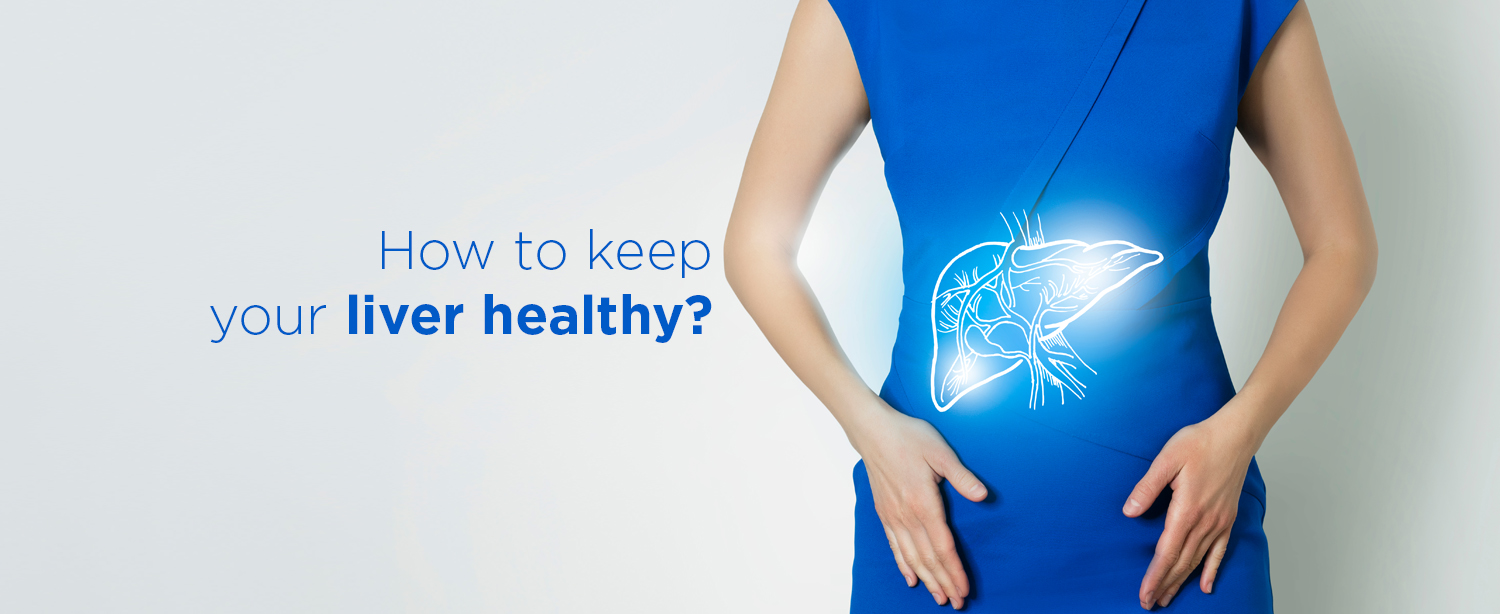Every year, roughly 10 lakh new individuals with liver cirrhosis are diagnosed in India. As per the World Health Organization, liver disease is the tenth leading cause of mortality in India. Statistics suggest that the number of people with liver problems has doubled in the last decade, leading to a requirement of more 50,000 livers for transplantation each year.
The liver is the body’s largest solid organ. It eliminates pollutants from the bloodstream, regulates blood clotting, and conducts other vital functions. Hepatitis, fatty liver disease, autoimmune conditions, genetic conditions, liver cirrhosis, liver failure, liver cancer are some of the common liver ailments that needs medical attention.
Symptoms of Liver Disease
Liver disease may not always show prominent signs and symptoms. If you notice any of the below signs and symptoms of liver disease do seek further medical care:
- Skin and eyes that appear yellowish (jaundice).
- Dark urine colour.
- Pale stool colour.
- Swelling in the legs and ankles.
- Itchy skin.
- Chronic fatigue.
- Abdominal pain and swelling.
- Nausea or vomiting.
- Loss of appetite.
- Tendency to bruise easily.
Speak to your family doctor if you notice persistent signs of a liver disease.
Functions of the Liver
The liver is a critical organ that performs over 500 important functions in the body. Here are some of its most important functions:
- Albumin production: This is a protein that keeps fluids in the bloodstream from leaking into surrounding tissue. It also carries hormones, vitamins, and enzymes through the body.
- Bile production: This fluid is critical to the digestion and absorption of fats in the small intestine.
- Filters blood: The liver filters all blood leaving the stomach and intestines, removing toxins, by products, and other dangerous compounds.
- Regulates amino acids: The liver maintains a healthy level of amino acids in the bloodstream that is required for production of proteins.
- Prevents infections: The liver filters blood and removes bacteria from the bloodstream.
- Stores nutrients: The liver stores significant amounts of vitamins A, D, E, K, and B12, as well as iron and copper.
- Processes glucose: The liver removes excess glucose from the bloodstream and stores it as glycogen.
Ways to Keep your Liver Healthy
The liver is one of the body’s largest and most vital organs. Having an unhealthy liver can lead to various liver ailments and metabolic disorders. Follow these tips in your daily life to maintain your liver health:
- Avoid alcohol intake. Excessive alcohol intake can damage the liver cells and lead to inflammation and scarring (cirrhosis).
- Exercise regularly. Exercise decreases stress on the liver, increases energy levels and helps to prevent obesity – a risk factor for liver disease.
- Eat healthy meals. High levels of fat in the blood and high levels of cholesterol are common causes of fatty liver disease. Reduce the amount of saturated fats, trans fats and hydrogenated fats in your diet.
- Fight obesity. Obesity, particularly, abdominal or central obesity, is a major risk factor for developing fatty liver disease. Aim for the ideal body mass index (BMI) target.
- Protect yourself against Hepatitis B or C. Practice safe sex and avoid unnecessary sharing of personal items to prevent the spread of hepatitis B or C.
- Quit smoking. Exposure to tobacco smoke can have toxic effects on your liver.
- Get vaccinated. If you’re at increased risk of contracting hepatitis talk to your doctor about getting the hepatitis A and hepatitis B vaccines.
- Use medications wisely. Take medicines only when prescribed and as per the recommended doses.
- Protect yourself from toxins. Use a mask or gloves while handling insecticides, fungicides, paint and other toxic chemicals. Keep the area well-ventilated to avoid inhaling the fumes.
Treatment for Liver Disease at Kokilaben Dhirubhai Ambani Hospital
Liver diseases can affect your ability to filter out toxins, break down fat and make vital proteins. The Department of Hepato-Pancreato-Biliary surgery specialises in a wide range of acute and chronic conditions affecting the liver, pancreas and the associated biliary system and is supported by the latest technology for the diagnosis and treatment of liver disease.
Consult our team of hepatologists who are skilled at diagnosing and treating all conditions that affect your liver. Please find below website for further details:
https://www.kokilabenhospital.com/departments/clinicaldepartments/hepatopancreatobiliary.html


